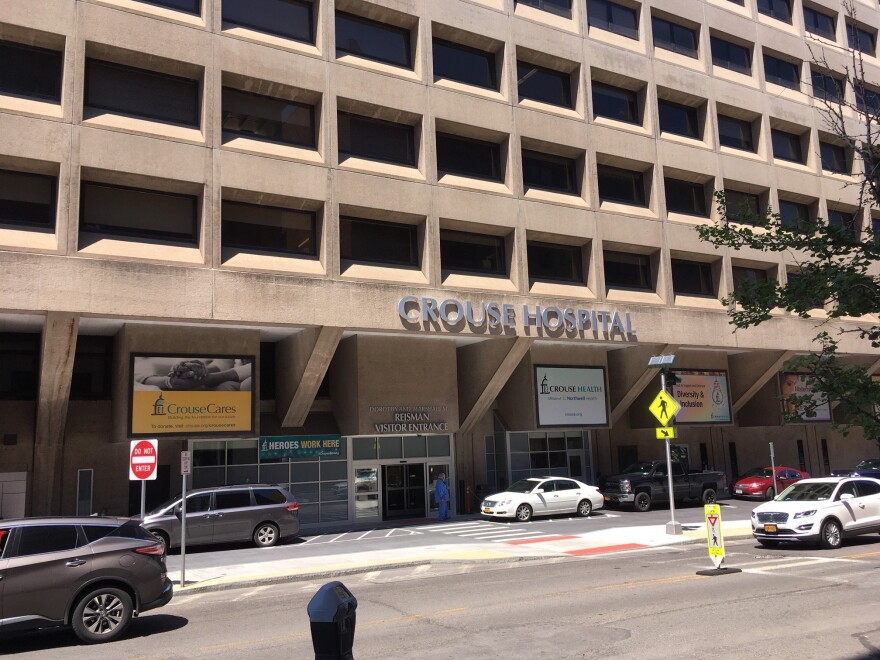A new report found community health centers in New York are closing gaps left in many communities by a nationwide shortage of primary-care physicians.
The findings from the National Association of Community Health Centers showed more than 4.2 million people in New York State are considered "medically disenfranchised," and another 5.2 million are "medically underserved."
Joe Dunn, senior vice president of public policy and research for the association, said community health centers expand access to primary care in part by not turning anyone away, no matter their ability to pay.
"Trying to provide these wraparound services to individuals, I think, provides healthier lives for the individuals," Dunn pointed out. "A lot of data has supported that the care teams that are at a health center also reduce long-term spending and health care costs."
He added the centers focus on prevention and types of care to reduce hospitalizations for chronic or challenging conditions. But Dunn noted the system relies on federal funding, meaning it is at the whims of Congress. With more funding, he said health centers could extend their services to more people.
In the last few years, the pandemic increased the need for access to primary care. Dunn pointed out Community Health Centers often stepped up when other options were not available.
"COVID definitely exposed some of the gaps in the health care system as a whole," Dunn asserted. "I think Community Health Centers really occupy a unique position within the broader health care ecosystem, by providing such care to racial and ethnic minorities and in communities that, again, oftentimes have few other options."
He added the centers are dealing with the same issues as hospitals and other primary-care facilities, including a workforce shortage and rising medical inflation.
This story comes from the New York News Connection.


